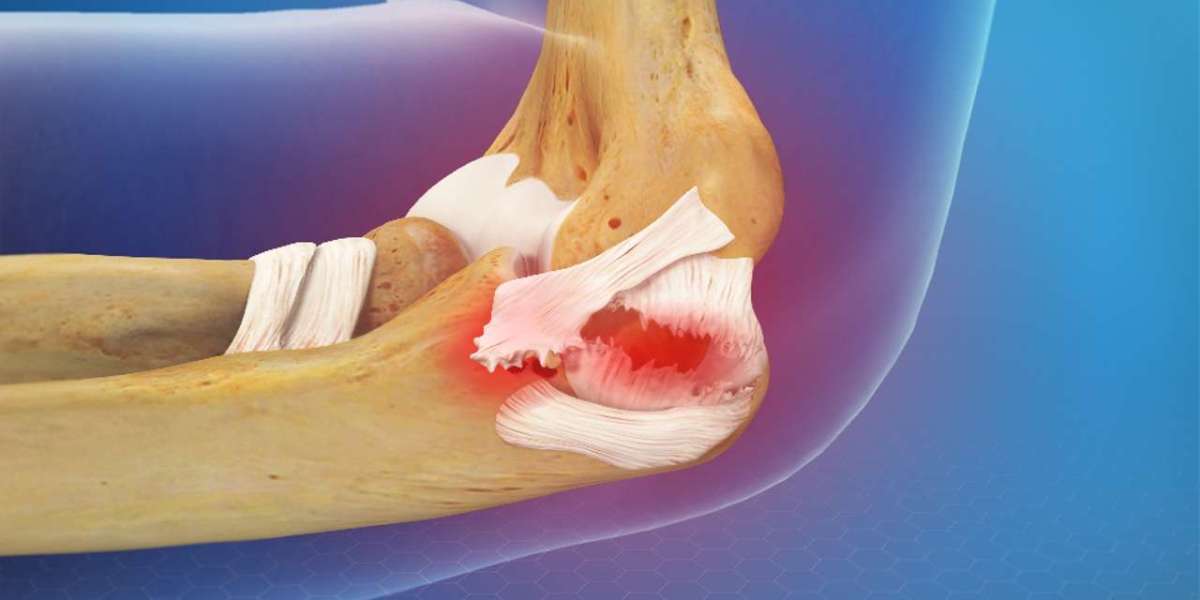The UEFA Champions League Knockout Phase Play-Offs are a pinnacle of football excellence, where Europe's elite clubs vie for supremacy. As of February 10, 2025, the competition is heating up, but injuries to key players are significantly impacting team dynamics, strategies, and potential outcomes. This article delves into the current injury landscape, analyzing its effects on the participating teams and the tournament's progression.
The Crucial Role of Player Fitness in Knockout Stages
In the high-stakes environment of the Champions League Knockout Phase, player fitness becomes paramount. Teams rely heavily on their star players to deliver match-winning performances. An untimely injury can disrupt tactical plans, weaken defensive or offensive capabilities, and alter the psychological balance within the squad. The absence of key players often forces managers to rethink strategies, adjust formations, and place trust in less experienced squad members.
Notable Injuries Ahead of the Knockout Phase Play-Offs
As the Knockout Phase Play-Offs approach, several teams are grappling with injuries to pivotal players:
Real Madrid
Real Madrid faces a defensive crisis ahead of their first-leg clash against Manchester City. Right-back Lucas Vázquez has been ruled out due to a left hamstring injury. This setback compounds existing issues, with key defenders Eder Militao, Dani Carvajal, David Alaba, and Antonio Rüdiger also sidelined. Manager Carlo Ancelotti is left with limited options in defense, potentially impacting their approach against a formidable City attack.
Manchester City
Manchester City, while boasting a deep squad, has its concerns. Midfield anchor Rodri has been nursing an injury but is included in the squad for the play-offs. His fitness will be crucial in dictating the tempo against Real Madrid's midfield maestros.
Celtic
Celtic has made strategic adjustments to their Champions League squad, bringing in Jota, Jeffrey Schlupp, and Johnny Kenny, while omitting Kyogo, Alex Valle, and Luis Palma. These changes aim to bolster their attacking options ahead of the tie against Bayern Munich.
Impact on Team Strategies
Injuries necessitate tactical adjustments, influencing how teams approach their matches:
Defensive Restructuring
Real Madrid's depleted defense may compel them to adopt a more conservative approach, possibly deploying a double pivot in midfield to shield the backline. Ancelotti might also consider a formation change, utilizing wing-backs to provide additional cover.
Midfield Dynamics
Manchester City's potential lack of a fully fit Rodri could see Pep Guardiola deploying alternative midfield combinations, perhaps giving more responsibility to players like Kalvin Phillips or adjusting the formation to maintain control in the center of the park.
Attacking Adjustments
Celtic's squad alterations suggest a shift towards a more aggressive attacking strategy, aiming to leverage the fresh legs and enthusiasm of their new inclusions to challenge Bayern's defense.
Psychological Effects on Teams
Beyond tactical considerations, injuries can have profound psychological impacts:
Squad Morale
The absence of key players can affect team morale, with remaining players feeling increased pressure to perform. Conversely, it can also foster a "siege mentality," uniting the squad to overcome adversity.
Opposition Confidence
Opponents may gain confidence knowing they face a weakened team, potentially influencing their approach to be more adventurous or aggressive.
The Role of Squad Depth
The current injury scenarios underscore the importance of squad depth:
Real Madrid
Their defensive injuries highlight a potential lack of depth in that area, which could be a critical factor against Manchester City's potent attack.
Manchester City
City's deep squad allows them to manage injuries more effectively, with quality replacements available in most positions, mitigating the impact of individual absences.
Celtic
The strategic squad changes indicate an attempt to address depth issues, particularly in attack, to remain competitive at this stage.
UEFA's Consideration to Eliminate Extra Time
In response to concerns over player fatigue and the increasing number of injuries, UEFA is reportedly considering eliminating extra time in Champions League knockout stages, moving directly to penalty shootouts if matches are tied after 90 minutes. This proposal aims to reduce the physical burden on players, acknowledging the congested fixture schedules and the associated risk of injuries.
Conclusion
Injuries are an intrinsic aspect of football, but their impact is magnified during critical phases like the Champions League Knockout Stage. Teams that can adeptly manage these challenges, through tactical flexibility and effective utilization of squad depth, are more likely to advance. As the competition progresses, the ability to adapt to these adversities will be a defining factor in the quest for European glory.
Support Your Favorite Team!
As the UEFA Champions League Knockout Phase Play-Offs unfold, your support can make a difference. Join the global football community on MCD76 to stay updated with the latest news, engage with fellow fans, and cheer your team towards victory!








